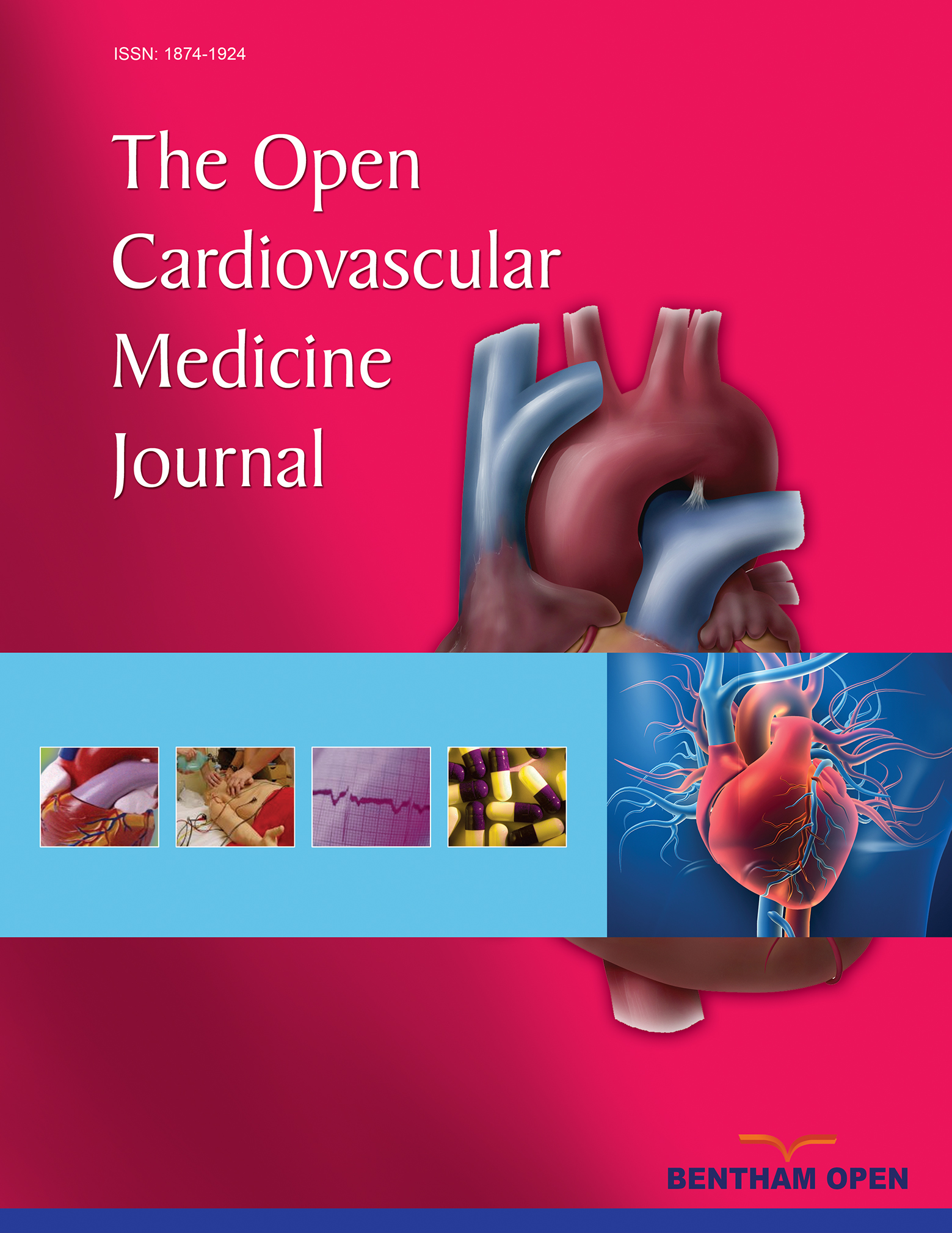All published articles of this journal are available on ScienceDirect.
Cardiovascular Dysautonomia in Patients with Breast Cancer
Abstract
Breast cancer is the most frequent malignant disease among women, being responsible for a considerable percentage of fatalities and comorbidities every year. Despite advances in early detection and therapy, evidence shows that breast cancer survivors are at increased risk of developing other chronic conditions, such as cardiovascular diseases.
Autonomic dysfunction is an emerging, but poorly understood topic that has been suggested as a risk factor for cardiovascular disease in breast cancer patients. It clinically manifests through persistently elevated heart rates and abnormal heart rate variability, even before any signs of cardiovascular dysfunction appear. Since changes in the left ventricular ejection fraction only manifest when myocardial injury has already occurred, it has been hypothesized that autonomic dysfunction can constitute an early biomarker of cardiovascular impairment in breast cancer patients.
This review focuses on the direct and indirect effects of cancer and its treatment on the autonomic nervous system in breast cancer patients. We highlight the mechanisms potentially involved in cancer and antineoplastic therapy-related autonomic imbalance and review the potential strategies to prevent and/or attenuate autonomic dysfunction.
There are gaps in the current knowledge; more research in this area is needed to identify the relevance of autonomic dysfunction and define beneficial interventions to prevent cardiovascular disease in breast cancer patients.


